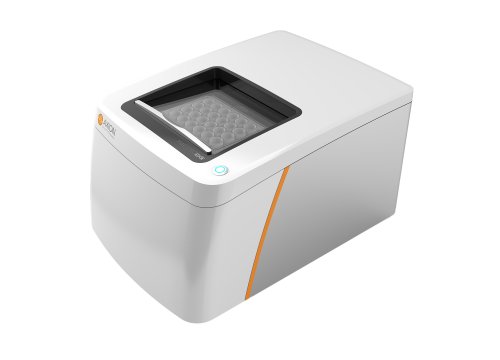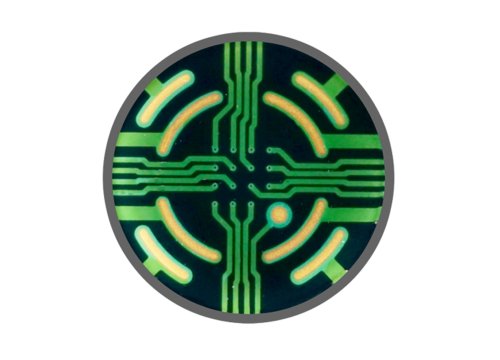Kim JS, Choi SW, Park Y-G, Jim SJ, Choi CH, Cha M-J, and Chang JH.
International Journal of Molecular Sciences, 2021.
Bioelectronic assays enable new insights into the cellular and molecular impact of high-dose radiation on the heart.
Cardiac radioablation, or stereotactic body radiotherapy (SBRT), is a promising approach for the treatment of life-threatening ventricular arrhythmias that do not respond to current therapeutic options, but scientists do not fully understand the acute effects of high-dose irradiation on human cardiomyocytes. In this study, researchers used human induced pluripotent stem cell-derived cardiomyocytes (iPSC-CMs) to examine the immediate cellular and molecular impact of different doses of irradiation on healthy cardiac muscle cells.
Scientists used Axion’s Maestro multielectrode array (MEA) platform to explore electrophysiological parameters in vitro and found that high-dose radiation immediately changes the electrical conduction of cardiomyocytes, demonstrating decreased excitability, increased field potential duration, increased beat rate, and slowed cell-to-cell conduction, but these changes are reversible within hours. Other testing showed that high-dose radiation resulted in increased expression of genes associated with cardiac function. Taken together, the findings suggest compensatory mechanisms at the cellular level may be activated following the immediate effects of irradiation and may contribute to antiarrhythmic effects associated with cardiac radioablation.


